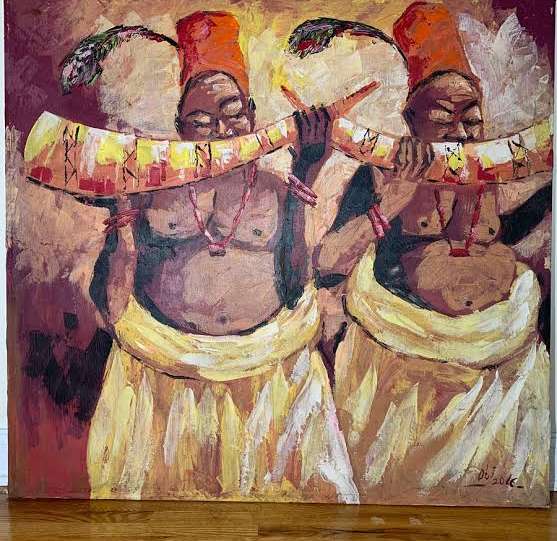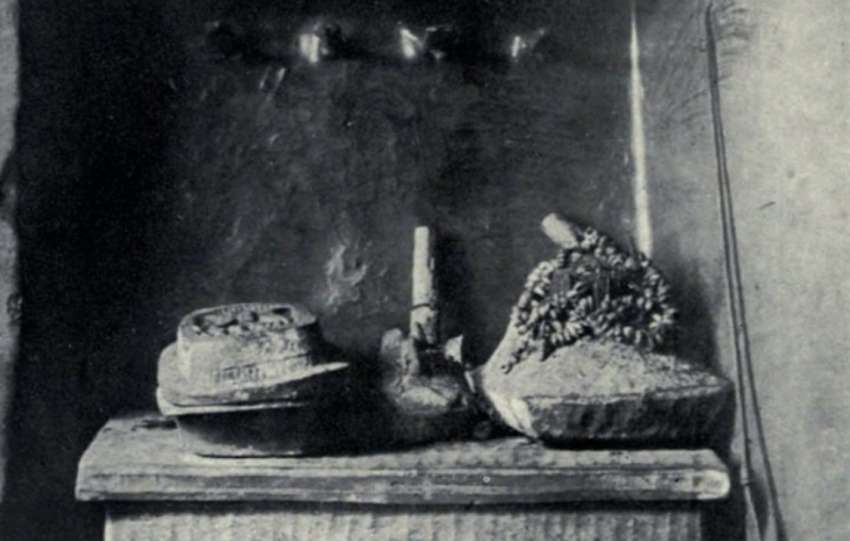Introduction
Michael Iheonukara Okpara (1920–1984) was a visionary Nigerian statesman, medical doctor and nationalist leader who significantly influenced Nigeria’s political and economic landscape, particularly as the Premier of Eastern Nigeria (1959–1966). Known for his focus on agricultural development, industrialization and education, Okpara’s leadership continues to serve as a model for self-reliance and economic transformation in Igboland and Nigeria. His life and achievements are celebrated annually to honour his contributions to the nation’s growth and to keep his legacy alive.
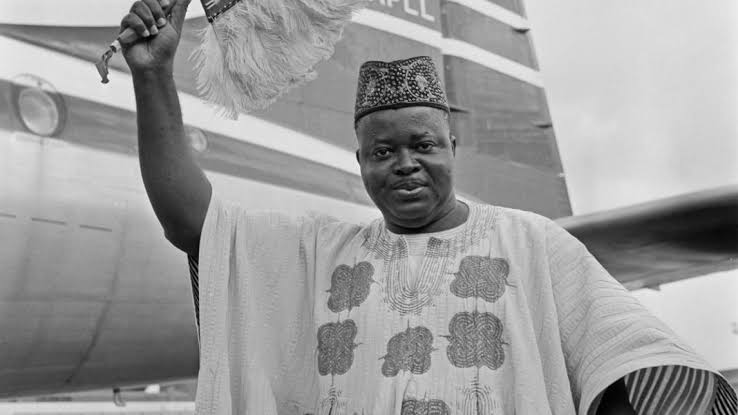
Michael Okpara’s Life and Achievements
Michael Okpara was born on December 25, 1920, in Umuahia, present-day Abia State. He studied medicine at Yaba Higher College and later the University of Ibadan, becoming a medical doctor. However, driven by his passion for Nigeria’s independence and development, he transitioned into politics and joined the National Council of Nigeria and the Cameroons (NCNC) led by Dr. Nnamdi Azikiwe.
Okpara’s political rise was swift due to his dedication and leadership qualities. He became the Premier of Eastern Nigeria in 1959 after succeeding Dr. Azikiwe which made him the youngest Premier at the age of 39. As Premier, Okpara championed policies that prioritized:
1. Agriculture and Rural Development:
Okpara believed that agriculture was the foundation of sustainable development. He established large-scale farm settlements across Eastern Nigeria to modernize farming, increase food production, and provide employment for the rural population. His policies transformed Eastern Nigeria into a hub for agricultural exports, particularly palm oil.
2. Industrialization:
Okpara invested heavily in industrial development, creating industries such as textile factories, cement plants, and palm oil processing mills in Eastern Nigeria. His vision was to diversify the economy and promote indigenous enterprise.
3. Education and Infrastructure:
His administration expanded access to education by building schools and institutions of higher learning. He also prioritized infrastructure projects, including the construction of roads, bridges, and electricity supply to rural areas.
Okpara’s government made Eastern Nigeria one of the fastest-growing economies in Africa during his tenure. His commitment to self-reliance and his vision for economic independence remain models for leadership to this day.
Michael Okpara’s Death and Legacy
After Nigeria’s first military coup in 1966, Okpara’s political career came to an abrupt end, and he went into temporary exile. He later returned to Nigeria, where he lived a private life until his passing on December 17, 1984. Michael Okpara’s legacy lives on through the developmental strides he championed, which are still evident across Nigeria. Institutions like the Michael Okpara University of Agriculture in Umudike were named in his honour, symbolizing his enduring focus on education and agriculture
.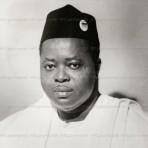
Michael Okpara’s Remembrance Day
Michael Okpara’s Remembrance Day is observed annually on December 17 to commemorate his contributions to Nigeria. The day serves as a moment to reflect on his visionary leadership and inspire a new generation of Nigerians to embrace his principles of hard work, self-reliance and nation-building.
Activities on Remembrance Day
1. Public Lectures and Seminars:
Scholars, historians and leaders gather to discuss Okpara’s policies and their relevance to modern-day Nigeria. For instance, “The Michael Okpara Leadership Lecture and Award 2024” Which is attended by Igbo Governors, lawmakers, politicans and stakeholders. Themes often center on agriculture, leadership, and economic development.
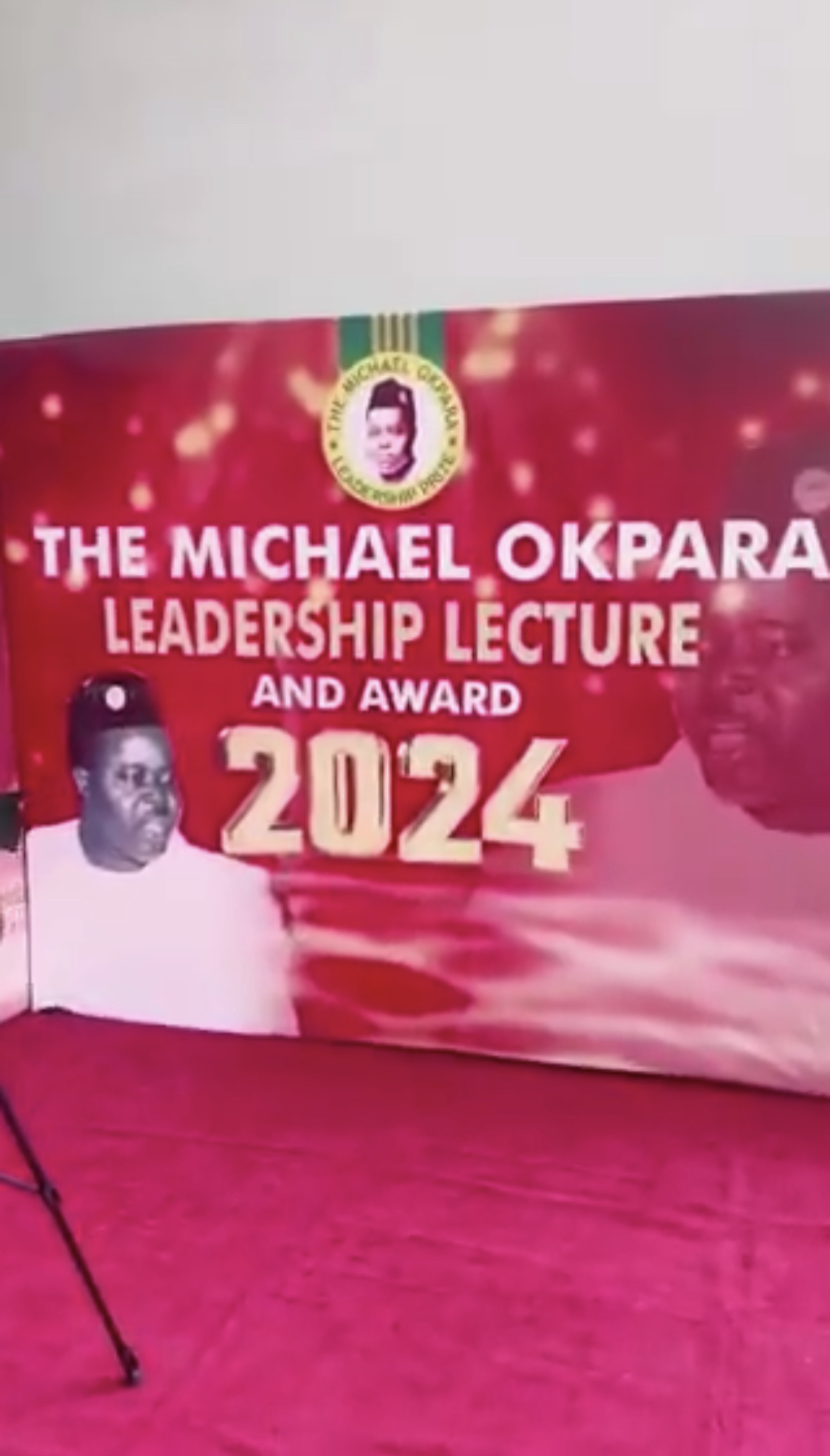
2. Wreath-Laying Ceremonies:
Leaders, family members, and citizens pay their respects at memorials dedicated to Okpara, highlighting his sacrifice and dedication to public service.
3. Cultural Celebrations:
Communities in the Eastern Region celebrate Okpara’s legacy with traditional dances, songs, and stories that honor his life and achievements.
4. Educational Campaigns:
Schools and universities organize events to educate young people about Okpara’s contributions to Nigeria and his visionary leadership.
5. Special Recognition:
On Remembrance Day, awards and honours are sometimes given to individuals and institutions that promote agricultural development and economic self-sufficiency, reflecting Okpara’s ideals.
The Importance of Honoring Michael Okpara
Michael Okpara’s Remembrance Day is more than just a tribute—it is an opportunity to inspire action. His vision for an agriculturally-driven and industrialized economy resonates today, particularly as Nigeria seeks to diversify its economy and achieve food security. Okpara’s leadership style, characterized by integrity, discipline, and dedication, offers valuable lessons for modern leaders.
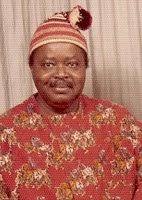
Conclusion
Michael Okpara remains a symbol of visionary leadership and sustainable development. His unwavering commitment to agricultural growth, industrialization, and education made Eastern Nigeria a beacon of progress during his tenure. Observing his Remembrance Day ensures that his legacy continues to inspire future generations to strive for self-reliance, innovation, and national growth. As Nigeria faces economic and social challenges today, the lessons from Michael Okpara’s leadership remain as relevant as ever.
References
Michael Okpara University of Agriculture, Umudike. (n.d.). About Michael Okpara. Retrieved June 17, 2024, from https://www.mouau.edu.ng
Achebe, C. (1983). The Trouble with Nigeria. Enugu: Fourth Dimension Publishers.
Afigbo, A. E. (1972). The Warrant Chiefs: Indirect Rule in Southeastern Nigeria, 1891–1929. London: Longman.
Ekundare, R. O. (1973). An Economic History of Nigeria 1860–1960. London: Methuen & Co Ltd.
Okpara, M. I. (1964). Policy for Agricultural Development in Eastern Nigeria. Enugu: Government Press.
Udo, R. K. (1975). Geographical Regions of Nigeria. London: Heinemann Educational Books.
Nwabueze, B. O. (1982). A Constitutional History of Nigeria. London: C. Hurst & Co.
Nzimiro, I. (1965). Studies in Ibo Political Systems: Chieftaincy and Politics in Four Niger States. London: Routledge & Kegan Paul.
Nigerian History and Leaders. (2021). Michael Okpara: Visionary of Eastern Nigeria. Retrieved June 17, 2024,


